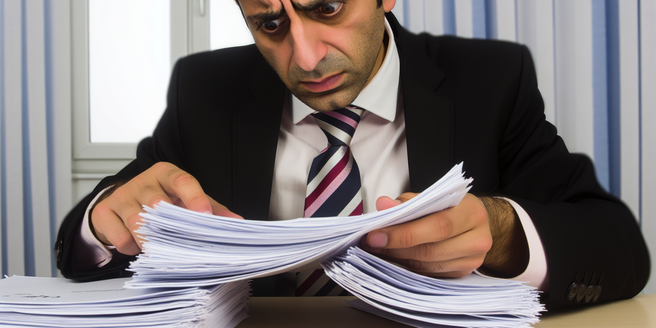Bad credit isn’t just a number. It’s a mirror reflecting your financial health and trustworthiness to lenders. It’s crucial to understand its impact because it can limit your ability to borrow money or secure certain services.
What is Bad Credit?
Bad credit implies a track record of failing to uphold credit agreements. It includes missed payments, defaulting on loans, or declaring bankruptcy. It’s often represented by a low credit score, usually below 580 on a scale of 300-850.
Impact on Loans and Credit Cards
With bad credit, getting approved for a new credit card or loan can be difficult. If approved, expect higher interest rates compared to those with good credit. Unfortunately, this means that the loan or credit card that you thought might help you out can end up costing you much more.
Influencing Insurance Premiums
Many insurance companies check credit scores while determining premiums. A low credit score could therefore lead to higher premiums, increasing your expenditure on insurance policies for your car, home, and other properties.
Hindrance in Employment
Some employers check credit histories when making hiring decisions. Though they won’t view your actual score, bankruptcy or high debt levels could impact your chances of landing the job.
Difficulty in Securing Housing
Landlords might also check credit scores to evaluate if you’re likely to pay rent on time. Bad credit can limit your housing options or result in higher security deposits.
Utility Services Hurdles
When establishing new utility services like gas, electricity or even mobile phone connections, providers might examine your credit. Bad credit could necessitate a security deposit, leading to upfront costs for these services.
Whether it’s buying a house, securing a loan, or even getting a job, having bad credit can significantly impact various aspects of your life. Thus, maintaining a good credit history should be a priority for ensuring financial stability and securing a healthy future.


